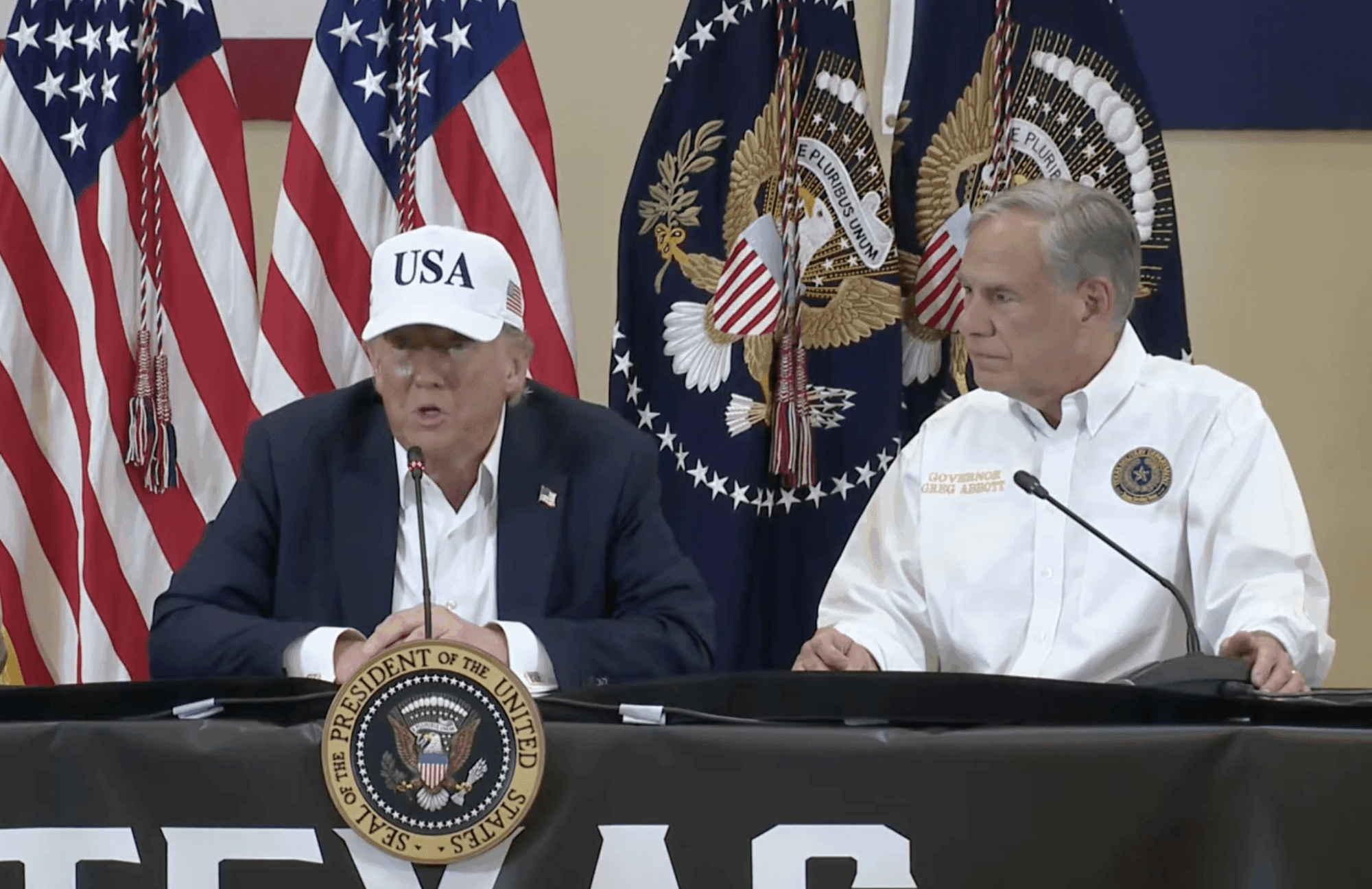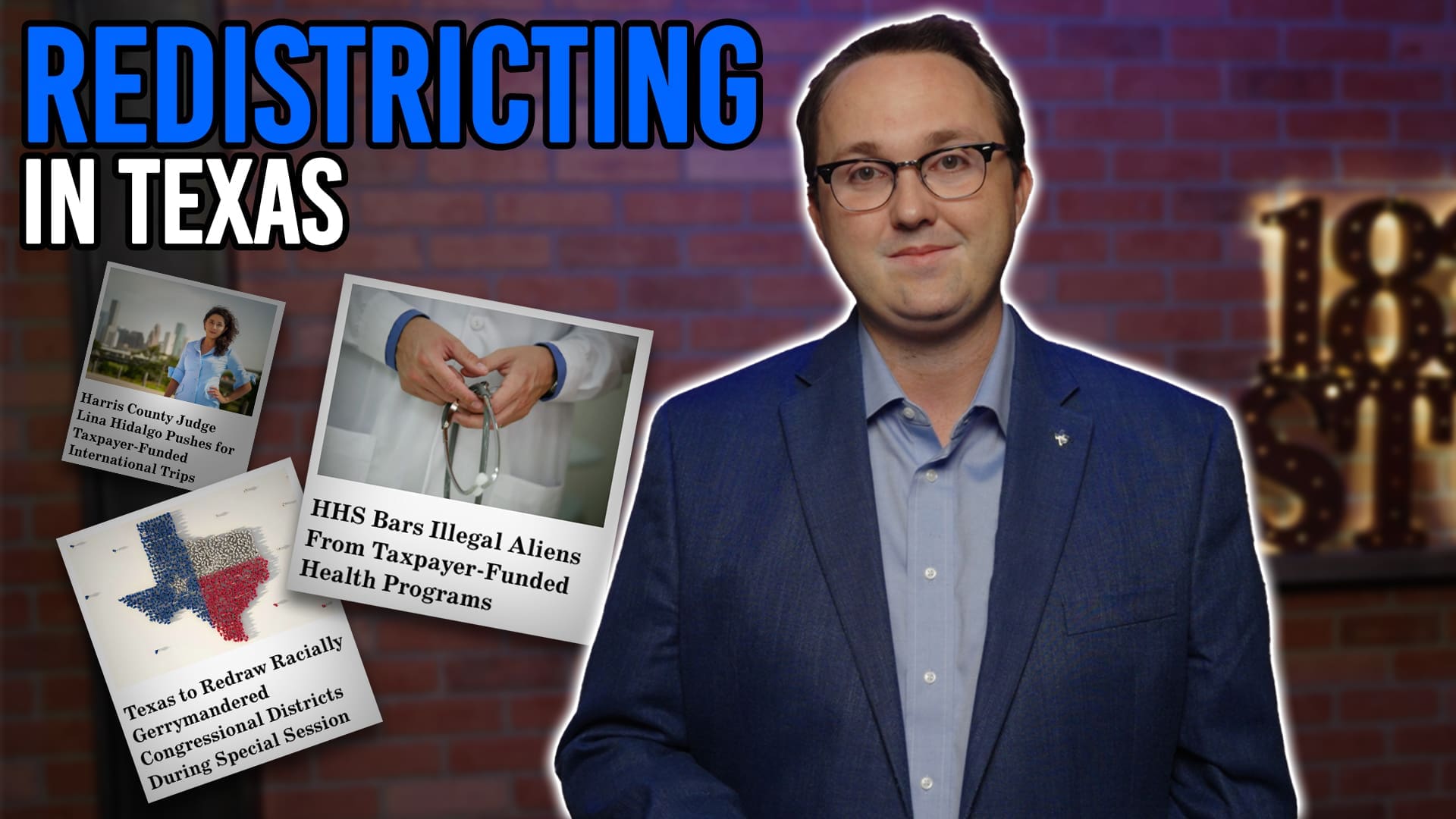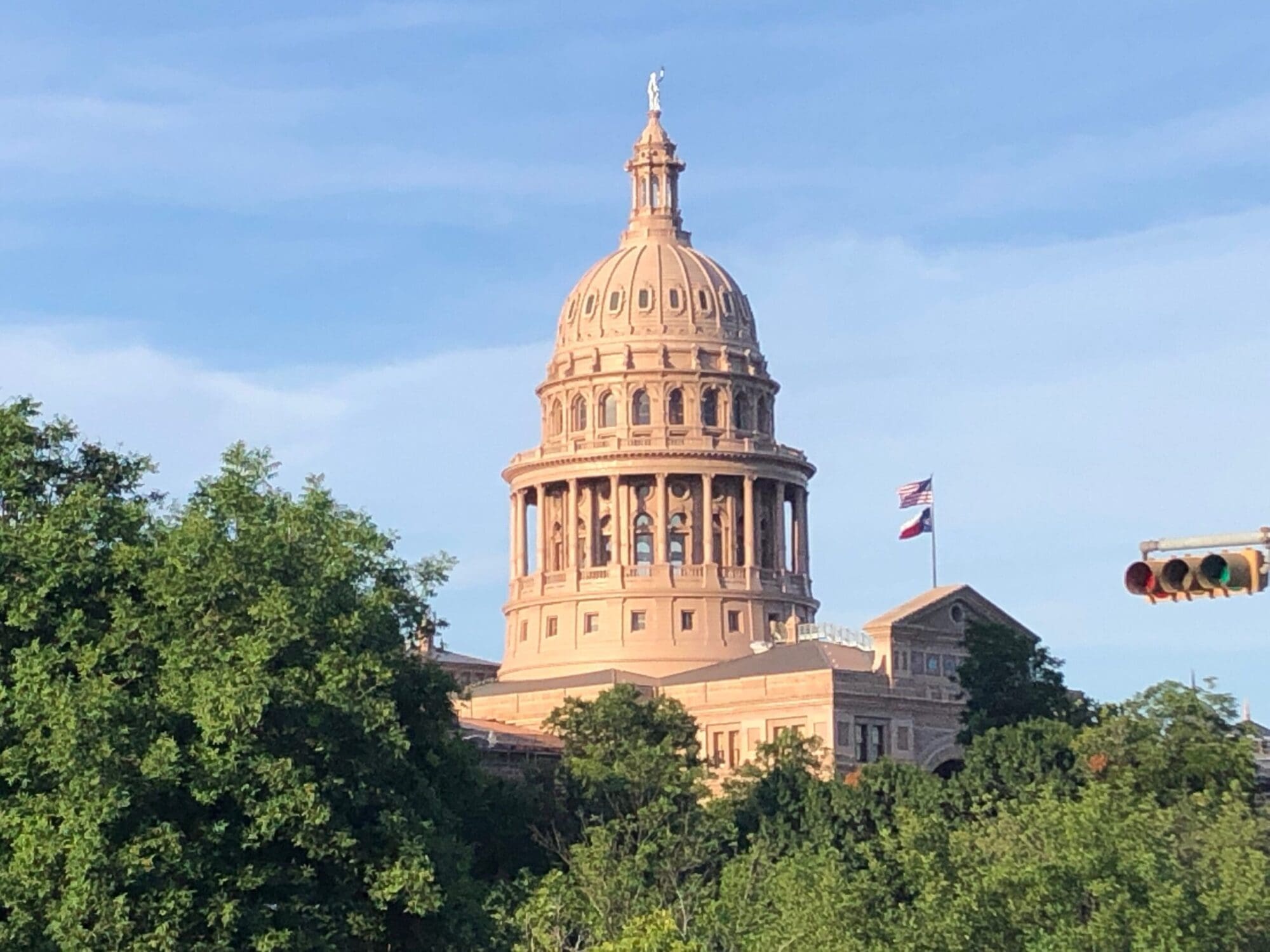In what The Houston Chronicle described as an “unusual appearance,” Texas’ House Speaker, Joe Straus (R-San Antonio), gave public guidance to the Appropriations Committee last week to prepare a “no-new-taxes” state budget. This was welcomed news for conservatives. But because of a projected budget shortfall, estimated anywhere between $11 to $18 billion, it appears to also be the crack in the door special interests have been looking for to foist full-scale casino gambling into Texans’ laps.
It’s widely known that Speaker Straus and his family derived a fortune from gambling interests, namely the San Antonio-based Retama Park horseracing track. Because of this, the Republican Speaker said in the past that he would not be an active player in any discussions on expanding gambling in Texas. However, it’s clear, one of his key lieutenants will.
After Speaker Straus’ unusual appearance, his hand-picked appointee to head the powerful budget-writing committee, Rep. Jim Pitts (R-Waxahachie), said he will consider “every revenue enhancer,” including casino gambling. While there may be no conflict of interest, it certainly doesn’t look good that Chairman Pitts also has a brother that’s a gambling lobbyist here in the Lone Star State.
This came a week after the Texas House Democratic Leader, Rep. Jim Dunnam (D-Waco), proposed the creation of a bi-partisan ad hoc committee to look into legalizing casino gambling as a way to balance the state’s budget. The idea was quickly rejected by conservative Republican leaders.
Now there are some things you should expect to hear about this issue as it moves forward. In a manner like the snake-oil salesmen of the past, advocates peddling gambling will probably call it “gaming,” and try to diminish its inherent problems by saying it’s something that’s done in plenty of other states.
This begs the question. If other states have been so successful wagering their budgets with gambling income, why are so many now out of chips?
Furthermore, calling it “gaming” seems to be an attempt to mask the dark-side of gambling in the public’s mind by making it sound fun and appealing. But if you’re like many Texans, you probably think a game is something done as part of a team or with your family, where money rarely changes hands amongst the players. Nor would you expect your local city and county taxes to skyrocket as a result.
Casino gambling is a high stakes proposition for lower levels of government, where the budget challenge would likely be shifted. It can be expected that local officials would be forced to step in and increase taxes and spending to confront the social ills that gambling could bring to their communities.
The expansion of gambling may look like an attractive budget fix for Austin politicians incapable of restraining or reducing state spending during challenging times. But, Texans don’t have to go down this road if principled conservative leadership is applied, which Republican Gov. Rick Perry and the Legislature were able to do in 2003.
Whether or not Texans would support casino gambling in the state, it doesn’t seem like sound public policy to legalize it only to raise tax revenue for the state’s coffer, while also potentially forcing a new local tax hike.
Conservatives need to be diligent to ensure right-thinking candidates are sent to Austin in November; lest we forget the last time we were told there would be “no-new-taxes” by a Republican leader?



